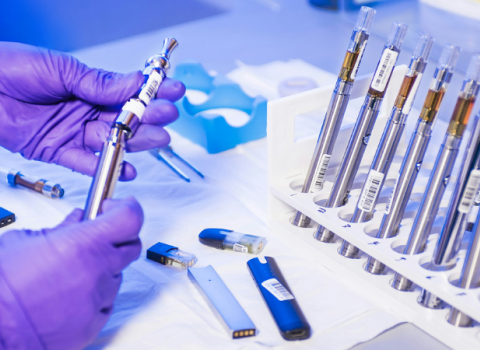
Partnering: the pressure is on.
While attendance increased by 5 percent to 2,400, the number of partnering meetings was up by 25 per cent, implying delegates are having to sing much louder for their suppers. According to the organisers, a total of 10,000 meetings were somehow squashed into the three-day event.
If biotech needs to get its hands on some of the estimated $100 billion in cash sloshing around pharma’s coffers, the pharmaceutical companies need partnering to address the productivity gap. It is estimated that one quarter of revenues will dry up as patents expire between now and 2012.
At the opening session of the conference, Barbara Yanni, VP and Chief Licensing Officer, Merck & Co, said the productivity gap is beginning to move beyond Phase I projects to Phase II. “The best way to address this problem is to work with people outside our company.” Merck currently closes 50 external deals each year, most at a very early stage.
Michael Yeomans, Senior VP Global Business Development and Licensing at Bayer Schering Pharma, agreed the productivity statistics are alarming, saying, “Huge amounts of money were invested into big technologies and platforms, but the output to this point has been very disappointing.”
The global financial crisis has transformed the partnering landscape for all parties. Yanni said Merck has been “approached for upfront payments equal to the entire value of the presenting company”. With company valuations at dramatically depressed levels some licensing deals are turning into outright acquisitions.
Yeoman noted the value of deals has gone up dramatically in recent years. Now the market capitalisations of biotechs are so low it is forcing a rethink of the nature of the deal.
Ted Torphy, Chief Science Officer and Head of External Research and Early Development for Johnson & Johnson Pharmaceuticals, said the current market is not rational. “It is not a weeding out of the weak projects but of the companies that happen to be in the wrong financial position at the wrong moment.”
Yanni said that she has been approached by bankers pushing projects because they are cheap: “I have to tell them it doesn’t matter if it is cheap, if this is something we do not want to buy.”





 A unique international forum for public research organisations and companies to connect their external engagement with strategic interests around their R&D system.
A unique international forum for public research organisations and companies to connect their external engagement with strategic interests around their R&D system.